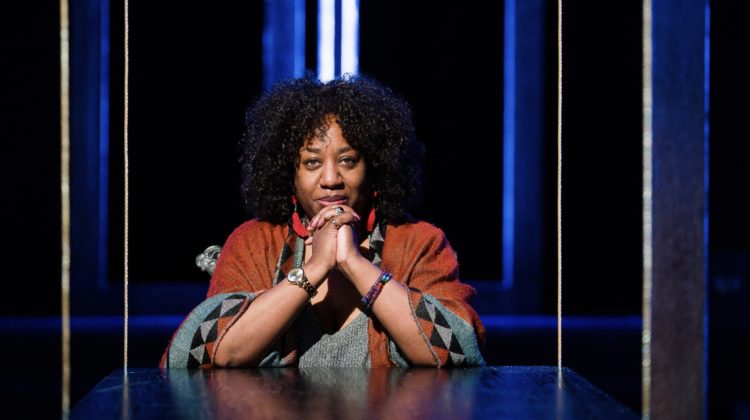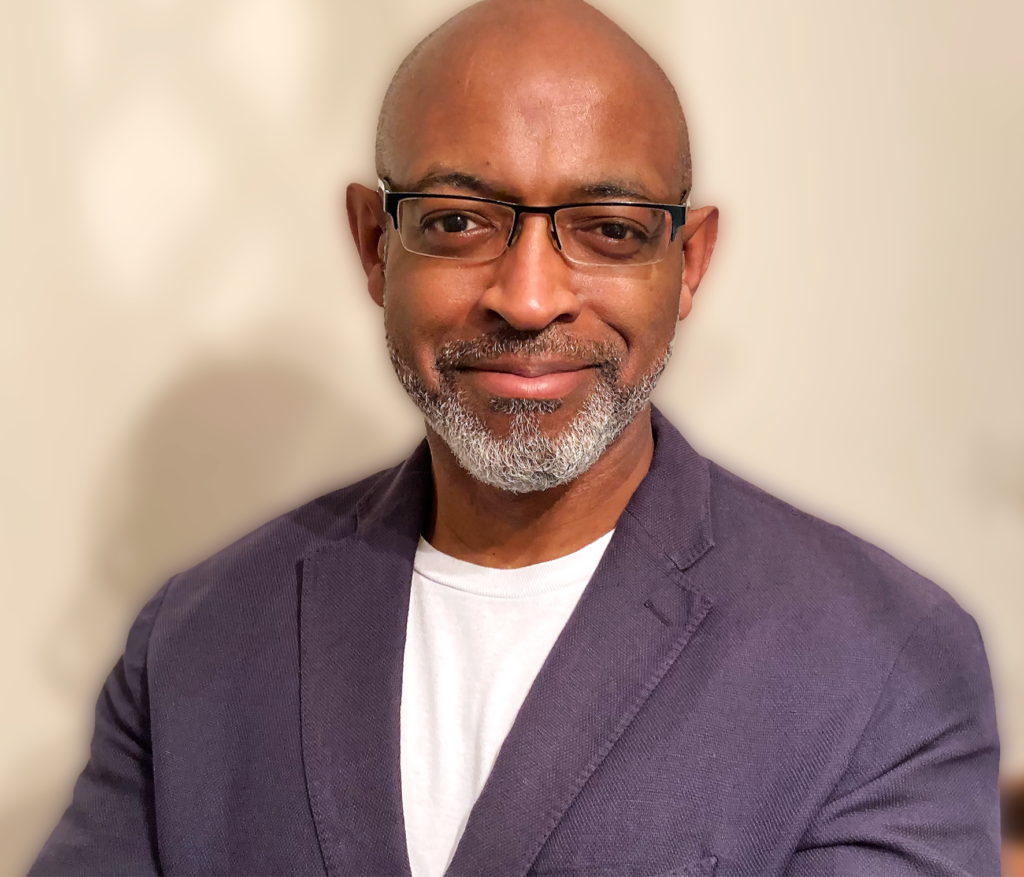
Award-winning stage and screenwriter, Juliet Gilkes Romero is leading a series of creative writing workshops celebrating Black identity, in Ipswich and online, this month. Here, she reflects on moving from the East London to rural Suffolk in the late 70s and argues that ‘without culture there is no future’
What was your experience of growing up in Suffolk? Is it a place you are drawn back to?
My parents were adventurous and completely undaunted by moving their young family from East London to rural Suffolk in the late 70s. This was obvious to anyone who met us. In general, we encountered curiosity and respect. We didn’t tolerate prejudice and made friends with local people who held the same view. When we arrived, we were the only Black family in the village. I remember a group of about eight local kids arriving on their bikes to watch the removal van as our furniture was unpacked. Then, a small boy got off his bike and approached my dad. He asked if my brother and I could go and play with his friends. So, dad unloaded our bikes, and we were off blackberry berry picking on the very first day of arrival. It was a surreal and unforgettable welcome.
My parents became well known as mum was the first Black secondary school teacher to work for Suffolk County Council. Dad worked for BT at Martlesham and captained their cricket team. We got to visit a lot of Suffolk villages because of dad’s love of cricket. Later he and Bobby Robson, the former Ipswich Town football manager, organised celebrity matches and a tour of Barbados.
I love returning to visit family and friends. One of my favourite places is the ‘End of the World’ aka Felixstowe Ferry, a former mediaeval fishing hamlet at the mouth of the river Deben, not far from where I spent my youth. It’s reached after a windswept hike along the wild Suffolk coastline and past two Martello towers built to ward off attack from Napoleon. I love that walk.
How was everything looking for you at the start of the pandemic and, as a stage and screenwriter, have you had to adapt at all?
My play, The Whip, was on at the Royal Shakespeare Company in Stratford Upon Avon and was forced to close. We were all devastated, especially the actors who were already in costume when the decision was taken to go into lockdown. Initially, I found it difficult to wind down. How was it possible to write creatively when the hard reality of a pandemic was destroying thousands of lives? At the time, I was trying to finish a screenplay but eventually, I found stillness, peace, and bird song. It seemed as if the world had ground to a halt. Finally, I could hear myself think, breathe. This allowed me to begin writing again but with more clarity and humanity.
How have the past 18 months been for you, on a personal and professional level? You won an award in 2020?
It’s been surprisingly hectic. The Whip attracted much attention and debate. Many media interviews followed. Few people knew that in 1833 the British government borrowed a massive amount of money in order to compensate slave owners following abolition. Many were already obscenely rich. The sum borrowed was the equivalent of £20 billion pounds today. It was so huge that British taxpayers finally finished paying off the loan in 2015, 120 years later! Why isn’t this history taught in schools? Why the amnesia? I was deeply honoured to have won the Alfred Fagon Award for The Whip. The play excavated this untold and contentious history. The hours of research I spent in the House of Commons library finally paid off.
Would you say the Power of Stories is one of the most important exhibitions to have come to Ipswich?
This is the first time that Hollywood’s Marvel Studios have allowed costumes from the acclaimed Black Panther movie to be viewed outside of the United States and in a British museum. Ipswich was chosen. Doesn’t this make the town an important conduit for cultural exchange and legacy? The exhibition does a great job showing off the best of Black culture and of Black history. It also echoes the film’s message for people to think about where they come from and who they want to be. More people need to know about this event. I hope the exhibition will be extended.
How have you got involved with the tie-in creative writing project and what can people expect on the day?
During lockdown I taught playwrighting online for HighTide which is a great theatre for new writing and actively seeks and promotes diverse talent. During the six-week course, participants can expect to discover their own creative voice and crucially to share their creative work.
What is the power of creative writing, do you think?
Creativity is the hallmark of what it means to be human. Our stories matter. They are crucial to human evolution. When we share our stories, we create connection. Our stories are our strength. Theatre for example, represents a live crucible where we can debate and shine a light on the issues that challenge us the most. I find this exhilarating and inspiring. I started my writing career as a news and current affairs reporter. Personally, I enjoy writing drama with international resonance whether it’s the scandal of Mexico’s disappeared or the tangled history of the transatlantic slave trade. As a former foreign affairs reporter, I’m keen to expose stories hidden for political expediency but always with an eye on bringing to life the contradictions and struggles of characters in an entertaining, yet informative way while hopefully leaving an audience talking for hours, days and perhaps even years.
How will the workshops help the Black community to a) celebrate Black identity and b) process what has happened over the past year or so?

I am working with Rob Wright who is a Resilience Coach. Together we are creating a safe space where participants can proactively embrace their own narratives and share them. Now more than ever, especially during Black History Month, we should be listening if someone needs to express their emotional journey, celebrate survival, lived experience, including gender identity or religious beliefs. As the African-American novelist, Tony Morrison said ‘if there is a book you really want to read but it hasn’t been written yet, then you must write it’.
What are your hopes and dreams for the future?
Tough question. I want to keep writing. My main hope is that we can rebuild the UK’s creative industry following the past 18 months of financial woe. According to Albert Camus, ‘The purpose of a writer is to keep civilization from destroying itself.’ He was serious. Given recent events, it’s a provocation that becomes more urgent. Because without culture there is no future.
HighTide is running The Power of Stories, a series of weekly, free creative writing workshops for Black people based in the East of England, taking place at various locations, including Christchurch Mansion in Ipswich as well as online. Running until Saturday October 30, the workshops are inspired by the Power of Stories exhibition at Christchurch Mansion (open until Sunday October 24). The workshop is a collaboration with Aspire Black Suffolk and Ipswich Museums to offer the Black community the opportunity to use writing to process the profound challenges of the last year. The workshops are also a chance for people of African-Caribbean heritage to come together, look forwards, and create stories of joy, positivity and celebration of Black identity. Visit hightide.org.uk
Featured image picture credit: Steve Tanner (Copyright RSC)









Leave a Reply